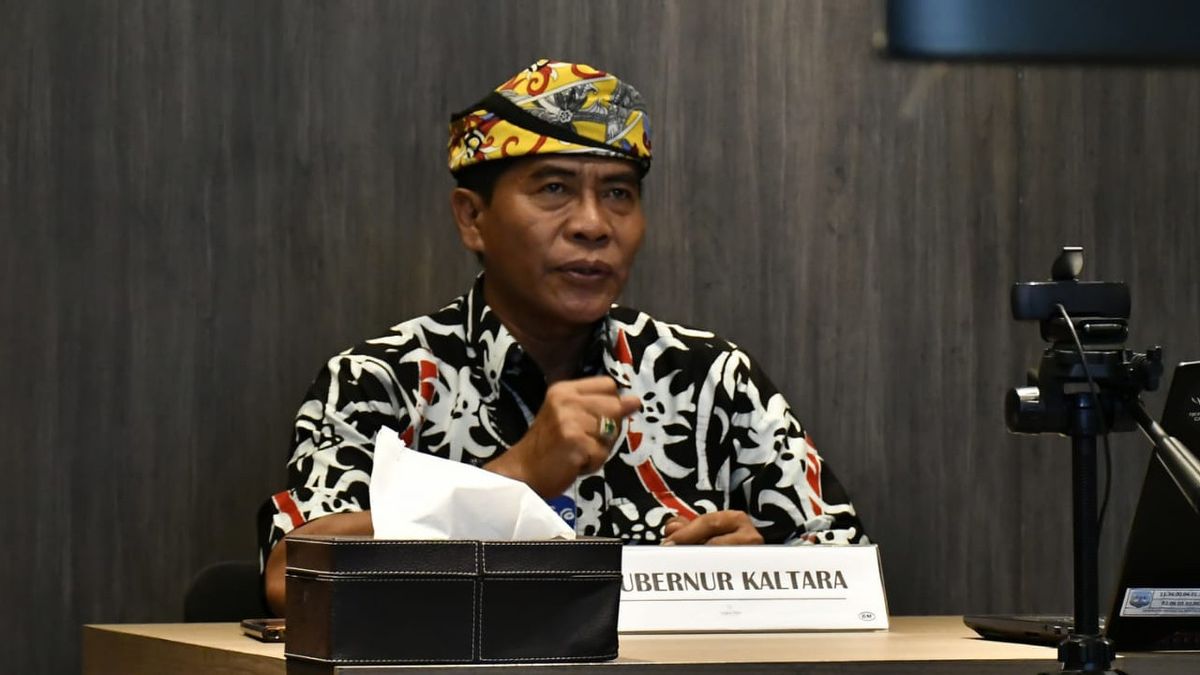JAKARTA - The province of North Kalimantan (Kaltara) in July 2022 experienced a decrease in inflation to 0.47 percent from the previous 0.53 percent in June 2022.
"Inflation in the two CPI cities, namely Tarakan City and Tanjung Selor, was 0.50 percent and 0.34 percent respectively," said Head of the Bank Indonesia Representative Office (KPwBI) Kaltara, Tedy Arief Budiman, in a written statement, quoted from Antara, Saturday 6th August.
Tarakan and Tanjung Selor inflation were the 68th and 81st highest respectively out of 90 CPI Cities in Indonesia. Kaltara's inflation is still lower than the national inflation in July 2022 which was recorded at 0.64 percent.
The decrease in inflationary pressure in the July 2022 period was caused by the food, beverage and tobacco groups, particularly in vegetable commodities such as spinach, mustard greens, and kale, which continued the downward trend in prices.
However, the decline in inflationary pressure was still restrained by several horticultural commodities such as shallots and cayenne pepper due to constraints on supply from producing regions.
In addition, inflation in the transportation group, especially in air transportation commodities, also continued to occur amid the still high price of avtur and limited flights amidst increasing public demand.
This shows the success of the Regional Inflation Control Team (TPID) of Tarakan and Tanjung Selor in controlling inflation.
Nevertheless, TPID continues to synergize in maintaining the inflation rate going forward amidst the potential risk of inflationary pressure from several commodities, such as horticulture due to weather factors and air transportation which are still influenced by the high pressure of world avtur prices.
In the future, inflation will be maintained so that it is within the 2022 inflation target, which is 3.01 percent.
For this reason, coordination between local governments, BI, and related institutions that are members of the TPID in the Kaltara region continues to be strengthened, including in increasing food security, including the implementation of demonstration plots of shallots and red chilies.
"We continue to coordinate at TPID to continue to overcome these conditions," said Teddy.
The English, Chinese, Japanese, Arabic, and French versions are automatically generated by the AI. So there may still be inaccuracies in translating, please always see Indonesian as our main language. (system supported by DigitalSiber.id)









